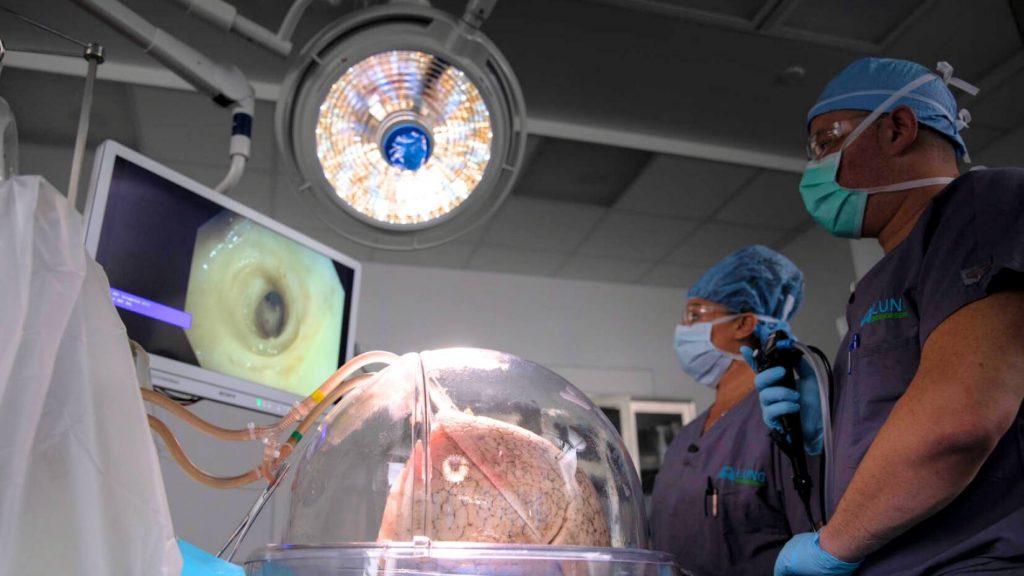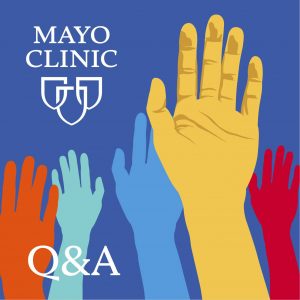
Unhealthy or damaged lungs can make it difficult for the body to get the oxygen it needs to survive. A variety of diseases or conditions can damage the lungs and hinder their ability to function effectively. When lung disease doesn't respond to medical therapy, a lung transplant may be needed.
A lung transplant is a surgical procedure to replace a diseased or failing lung with a healthy lung, usually from a deceased donor. Depending on your medical condition, a lung transplant may involve replacing one or both of your lungs. In some situations, the lungs may be transplanted along with a donor heart.
For patients with diseases that damage the lungs, an early referral to a transplant center is an important step.
"If you have a disease that you think could merit or benefit from lung transplant, it's extremely important to talk to your physician early in the process," says Dr. Tathagat Narula, a Mayo Clinic transplant medicine physician. "The physician can refer you to a transplant center, where you can receive a complete evaluation. There's nothing wrong in getting established with a transplant center relatively early in the process of your lung disease. "
On the Mayo Clinic Q&A podcast, Dr. Narula discusses evaluation for lung transplant and research working to make more lungs available to those on the transplant waitlist.
Watch: Dr. Narula discusses lung transplantation.
___________________________________________
For the safety of its patients, staff and visitors, Mayo Clinic has strict masking policies in place. Anyone shown without a mask was recorded prior to COVID-19 or recorded in an area not designated for patient care, where social distancing and other safety protocols were followed.
For more information and all your COVID-19 coverage, go to the Mayo Clinic News Network and mayoclinic.org.

Related Articles







